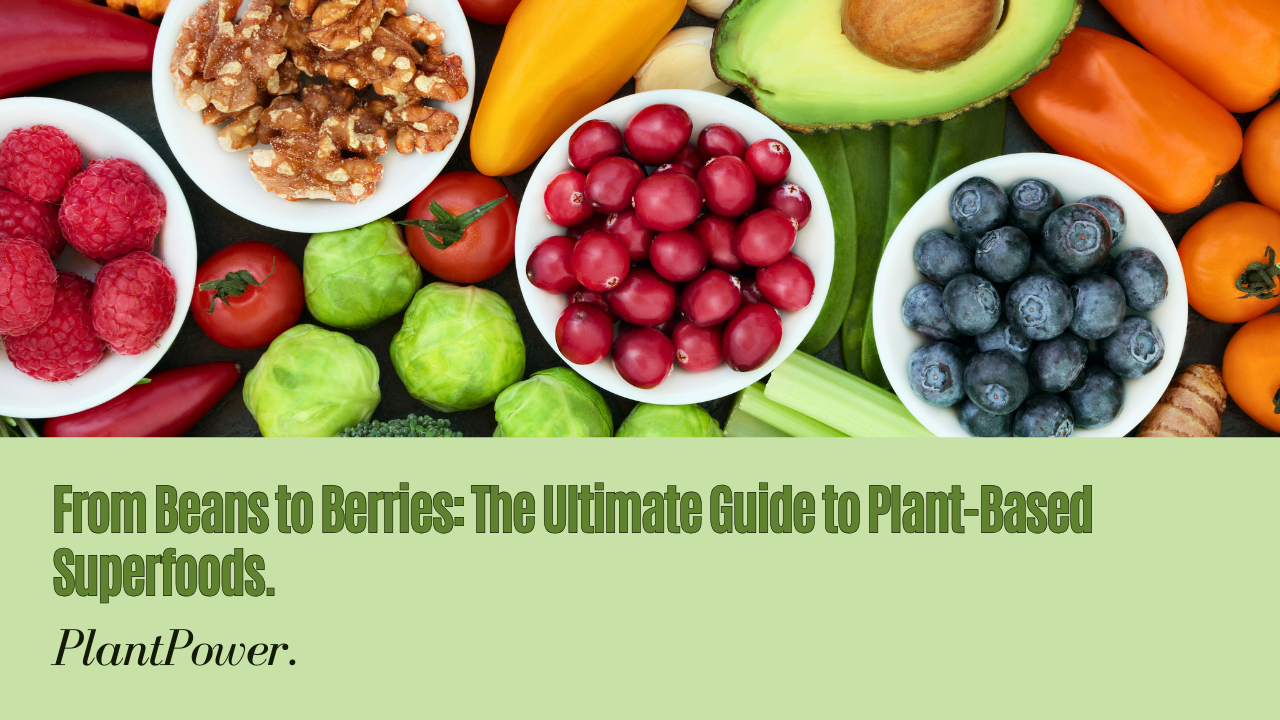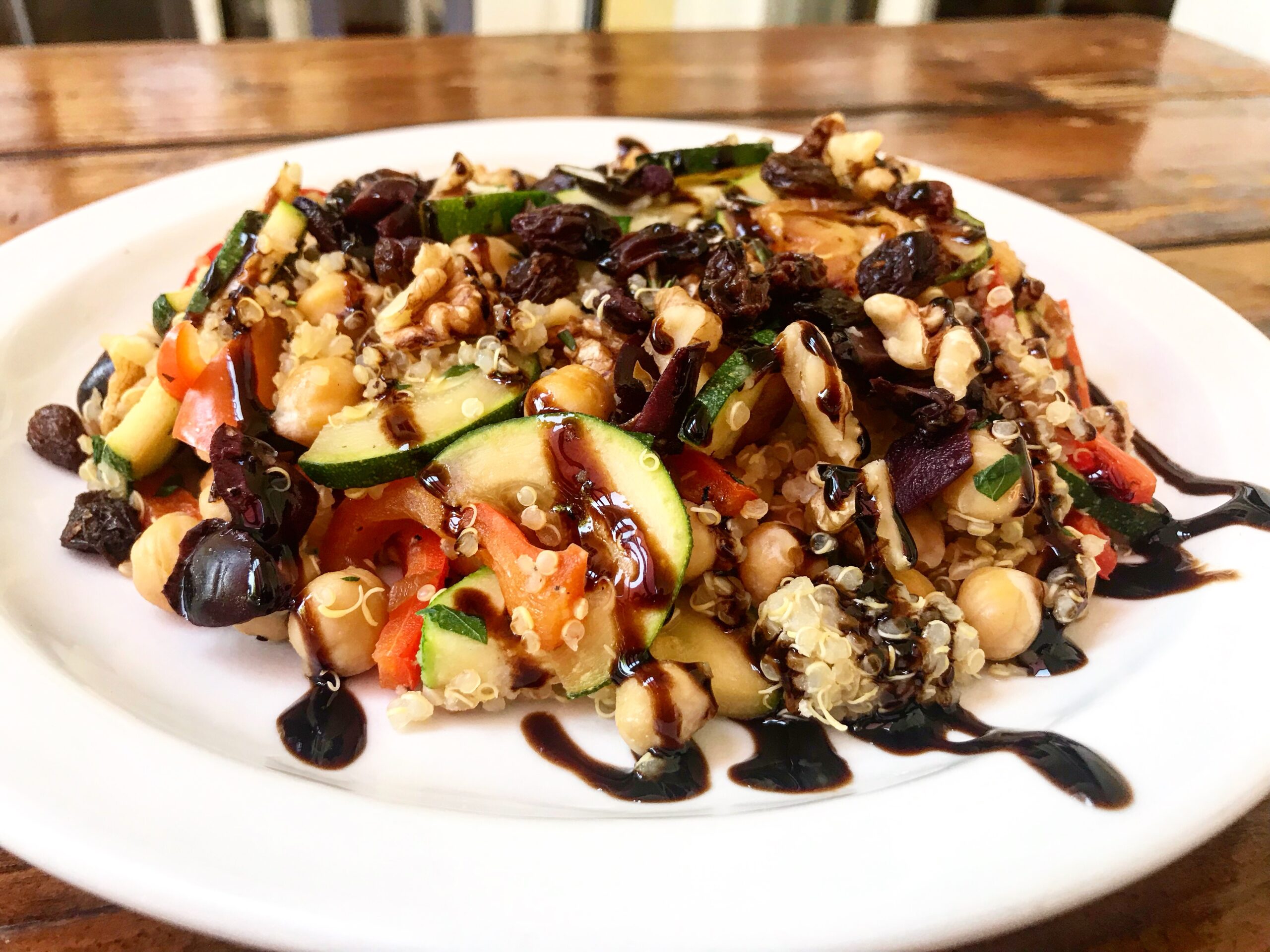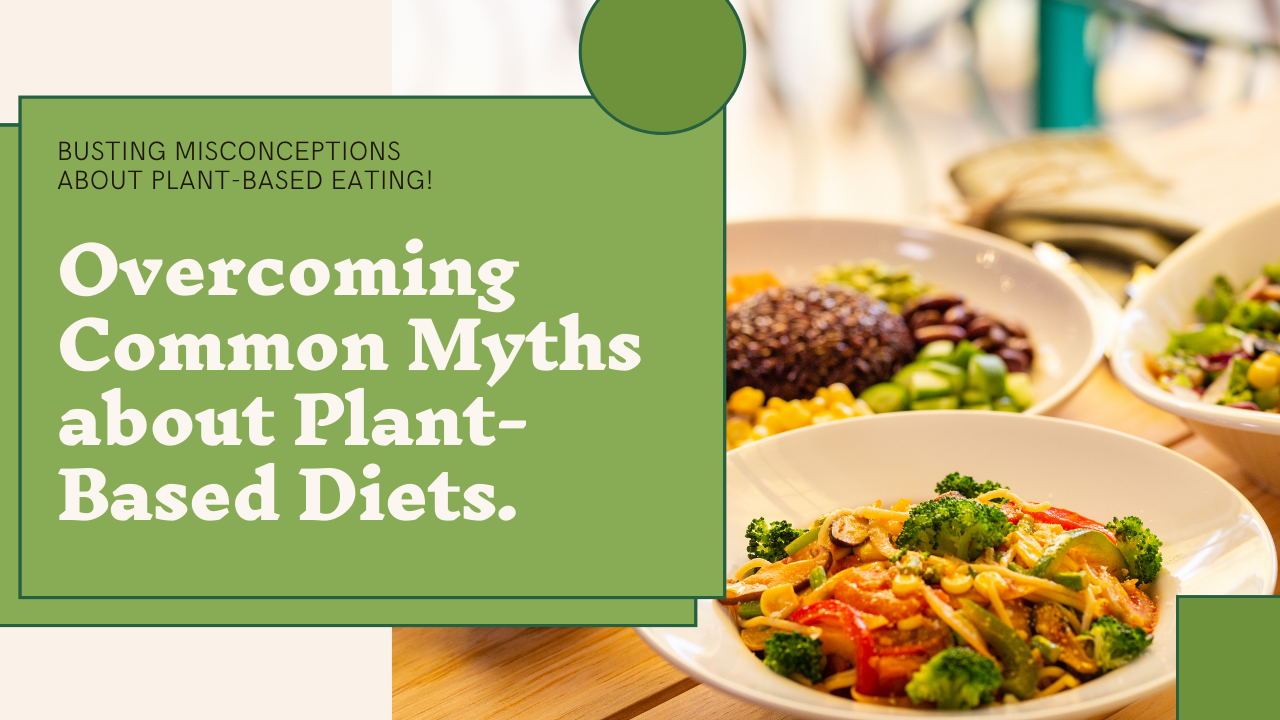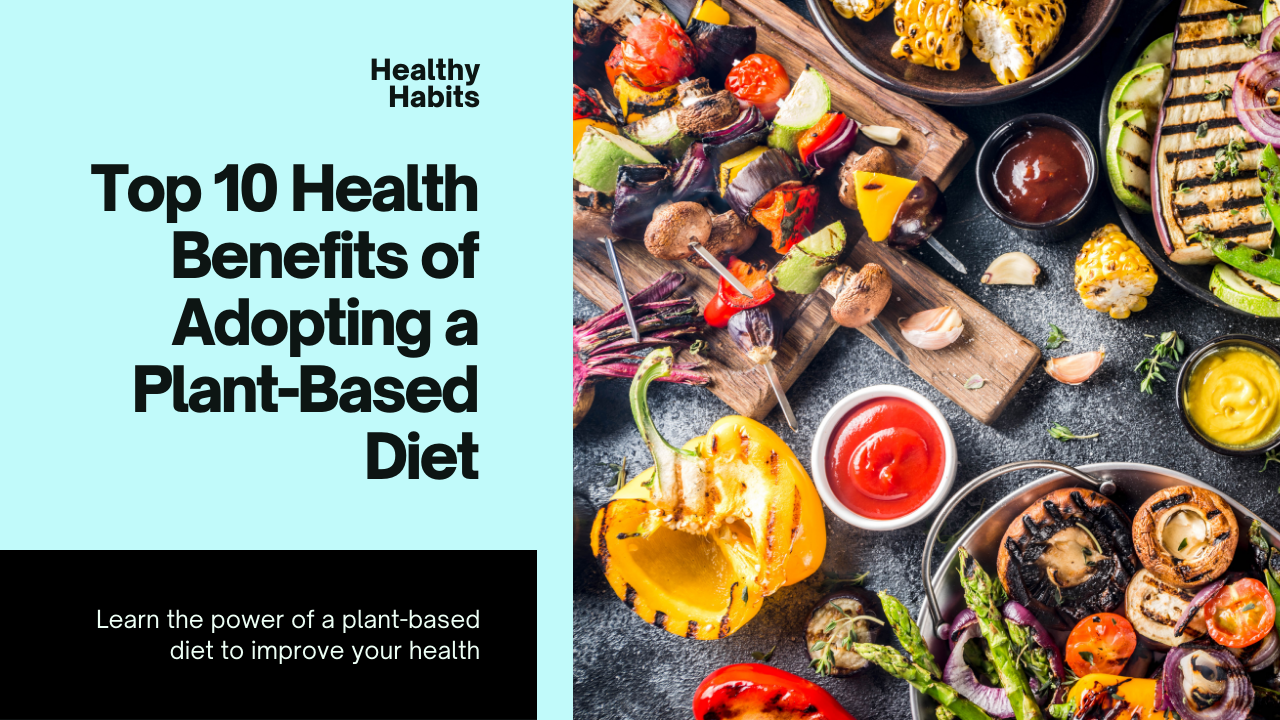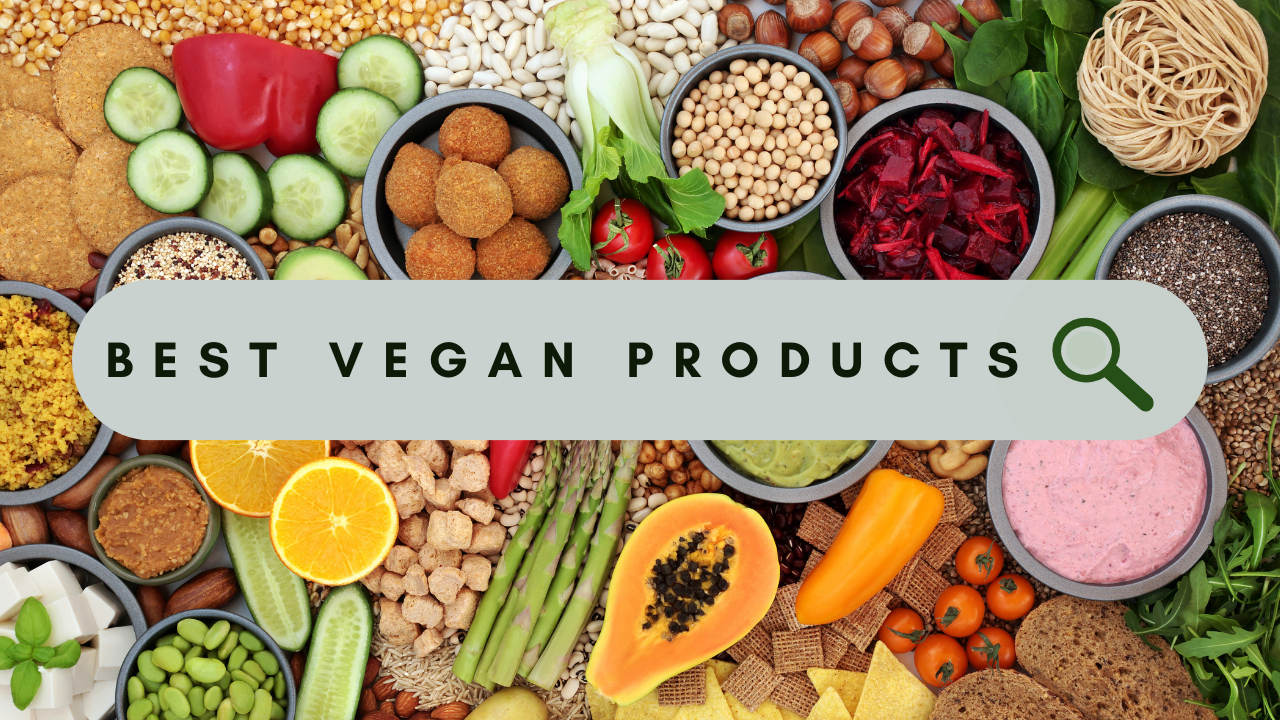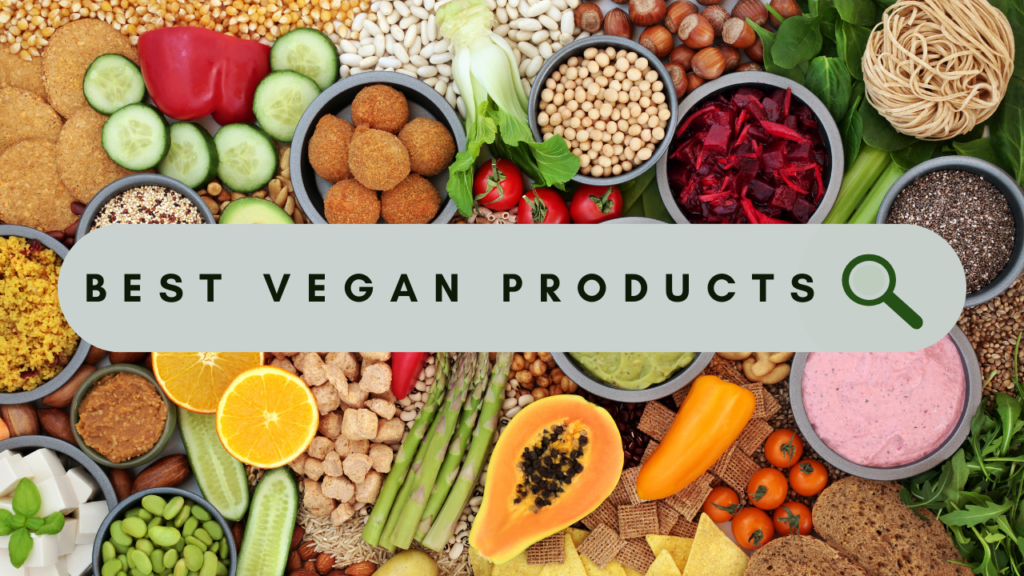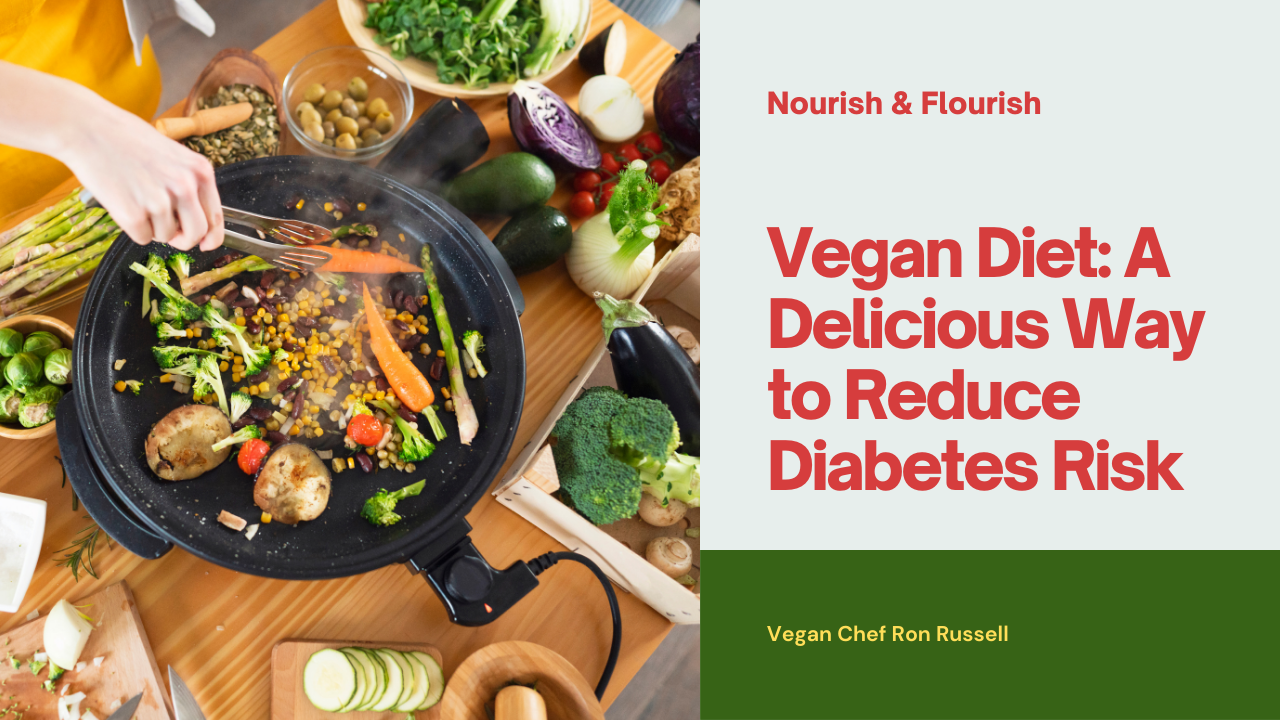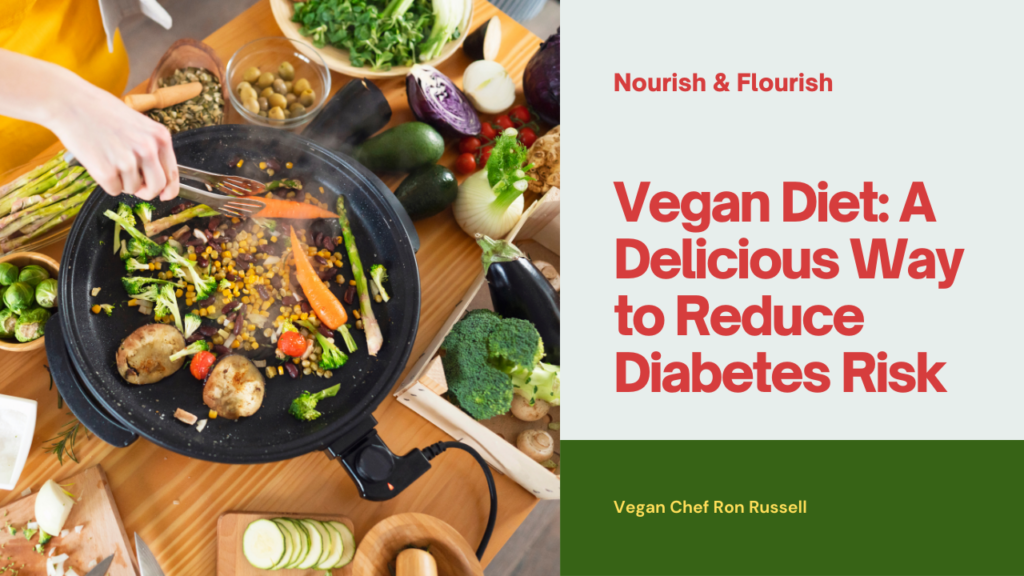In the quest for optimal health and vitality, plant-based superfoods are garnering attention for their nutrient-dense profiles and remarkable health benefits. This guide explores twelve exceptional plant-based superfoods, from the protein-packed beans to the antioxidant-rich berries, uncovering why incorporating these foods into your diet could be a game-changer for your health.
1. Quinoa
Quinoa is not just a high-protein grain; it’s a complete protein, containing all nine essential amino acids1. Its high fiber content supports digestive health, while its abundance of magnesium and manganese makes it a heart-healthy choice.
2. Chia Seeds
Chia seeds are tiny powerhouses of nutrition, rich in omega-3 fatty acids, calcium, and antioxidants2. Their ability to absorb water and turn gelatinous makes them perfect for hydration and feeling full longer.
3. Kale and Other Leafy Green Superfoods
Kale stands out for its exceptionally high vitamin K content, crucial for bone health and blood clotting3. Its antioxidants, such as quercetin and kaempferol, have anti-inflammatory and anti-viral properties. However, don’t forget other powerhouse leafy green superstars like chard, watercress and collard greens. They also offer similar properties of kale; and, like kale, contain phytonutrients, fiber and incredible nutrient density.
4. Blueberries
Blueberries are famed for their antioxidant properties, particularly anthocyanins, which can combat oxidative stress and may reduce the risk of heart disease4. They also support brain health and can improve memory. Don’t forget other berry nutrition superstars such as raspberries, blackberries, goji and elderberries.
5. Avocado
Avocados are loaded with heart-healthy monounsaturated fats, particularly oleic acid, and are a great source of fiber and potassium5. They can lower LDL cholesterol and triglyceride levels while raising HDL cholesterol.
6. Sweet Potatoes
Rich in beta-carotene, sweet potatoes can be converted into vitamin A in the body, essential for eye health and immune functioning6. Their high fiber content also promotes a healthy digestive system. They’re also versatile in the kitchen used in: soups, stews, side dish, used to make a sauce, etc.
7. Flaxseeds
Flaxseeds are known for their high omega-3 fatty acid content, specifically ALA, which is beneficial for heart health7. They’re also high in lignans, which have been shown to reduce the risk of certain cancers. The oils in flaxseed are susceptible to spoiling. Best practice is to store flax in it’s seed form, protected by it’s shell, in the refrigerator until ready to use; then, grind it to order with a coffee grinder or blender.
8. Lentils
Lentils are not only a great plant-based protein source but also rich in fiber, which supports digestive health and helps in managing blood sugar levels8. They’re also a good source of iron, protein and folate.
9. Brussels Sprouts
Brussels sprouts are high in fiber, vitamins, and minerals, including vitamin K, which supports bone health and wound healing9. They also contain compounds that may have anticancer properties.
10. Goji Berries
Goji berries are renowned for their high antioxidant content, particularly zeaxanthin, which is beneficial for eye health[^10]. They also contain all eight essential amino acids, making them a rare plant-based complete protein source.
11. Turmeric
Turmeric is celebrated for its active compound, curcumin, which has very powerful anti-inflammatory and antioxidant properties[^11]. It’s been linked to improved brain function, lower risk of brain diseases, and significant potential in preventing and treating Alzheimer’s disease. Adding black pepper, which contains piperine, can enhance curcumin absorption by up to 2,000%.
12. Walnuts
Walnuts are an excellent source of alpha-linolenic acid (ALA), a plant-based omega-3 fatty acid, beneficial for heart health[^12]. They also contain antioxidants that can help fight oxidative stress and inflammation, contributing to a reduction in the risk of chronic disease. Regular consumption of walnuts may improve brain health and prevent cognitive decline. Because the healthy oils in walnuts and other nuts can quickly go rancid once out of their shell, store walnuts and other nuts and seeds in the refrigerator.
Conclusion
Incorporating these plant-based superfoods into your diet can offer a wide range of health benefits, from improved heart health and reduced risk of chronic diseases to enhanced digestive health and better nutritional intake. Embracing these foods can lead to a healthier, more vibrant life.
Footnotes
- https://www.healthline.com/nutrition/11-proven-benefits-of-quinoa
- https://www.medicalnewstoday.com/articles/291334
- https://www.webmd.com/diet/health-benefits-kale
- https://www.healthline.com/nutrition/10-proven-benefits-of-blueberries
- https://www.heart.org/en/healthy-living/healthy-eating/eat-smart/fats/monounsaturated-fats
- https://www.ncbi.nlm.nih.gov/pmc/articles/PMC3693724/
- https://www.webmd.com/diet/features/benefits-of-flaxseed
- https://www.healthline.com/nutrition/lentils
- https://www.hsph.harvard.edu/nutritionsource/food-features/brussels-sprouts/
- https://www.ncbi.nlm.nih.gov/pmc/articles/PMC6343173/
- https://www.ncbi.nlm.nih.gov/pmc/articles/PMC5664031/
- https://www.healthline.com/nutrition/benefits-of-walnuts


